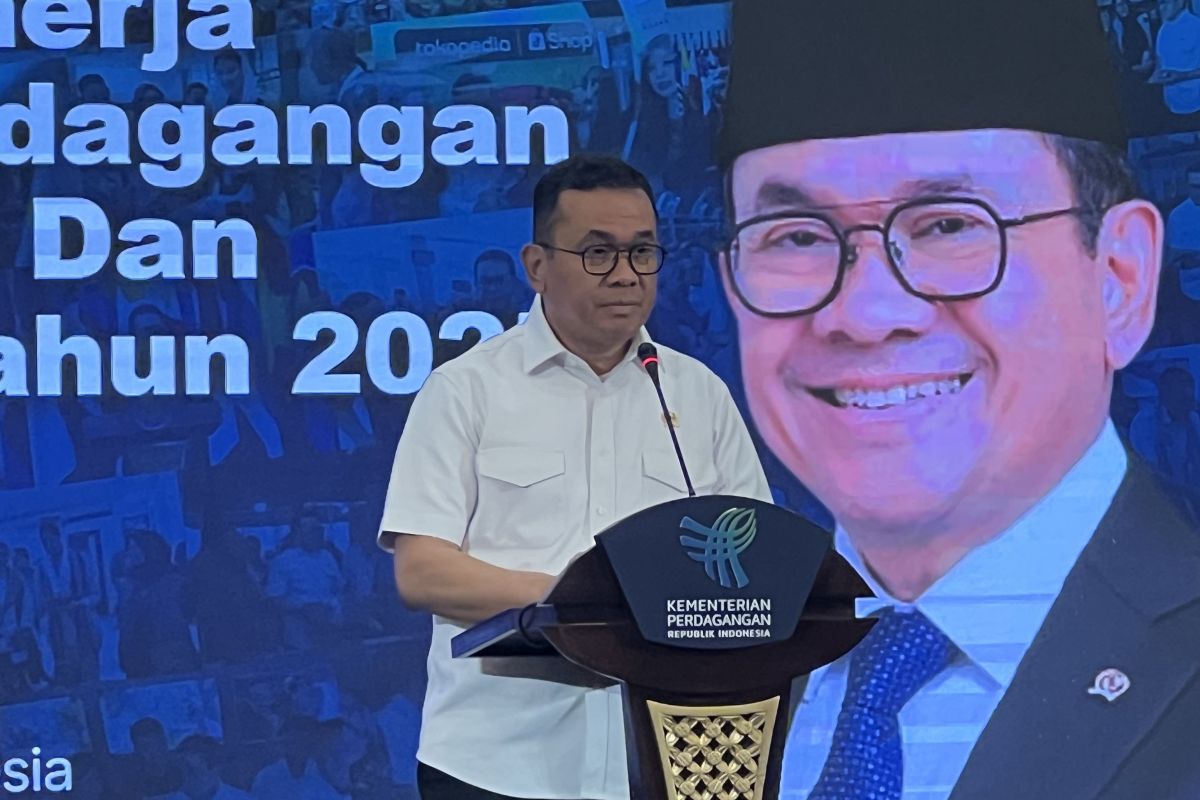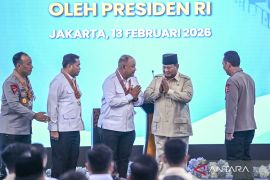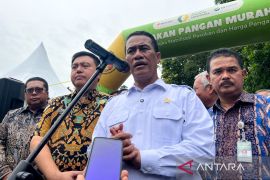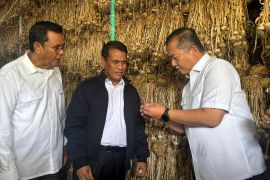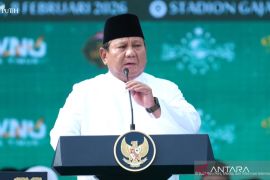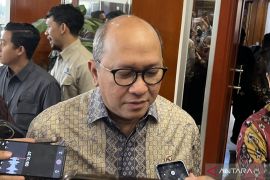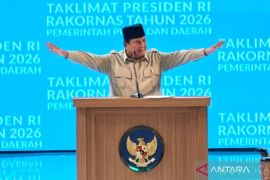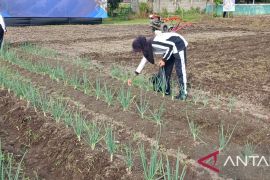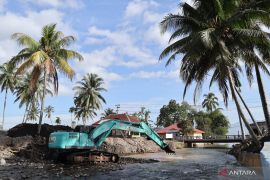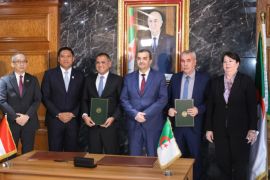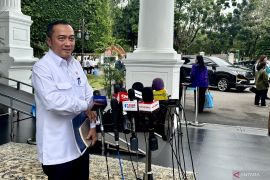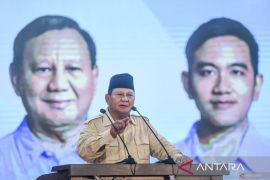"If self-sufficiency for these four commodities is achieved, we can save around US$5.2 billion in foreign exchange. These savings can be used for other purposes, for example, for providing fertilizer for agriculture and fisheries needs," he said in a statement released on Tuesday.
He pointed out that in the last five years, Indonesia imported large volumes of rice, sugar, salt, and corn. However, during the period, the trend of sugar and salt imports registered a decline.
During a coordination meeting on food in Surabaya, East Java, on Tuesday, he also highlighted a number of products that can demonstrate the success of self-sufficiency, with surpluses directed for export. For example, crude palm oil (CPO), whose national export market share is 11.2 percent.
Related news: Indonesia aims to achieve salt self-sufficiency by 2027
In East Java, CPO is the top export food commodity, followed by fish and processed fish, sugar, milk, shallots, soybeans, corn, and chicken.
"For East Java, there has also been a surplus of CPO and processed fish. It means there are already many examples of commodities that are already self-sufficient in food. So, if other commodities will also be self-sufficient, I think we can do that," Santoso said.
In addition, to support the storage of basic necessities, the Ministry of Trade has prepared warehouses under the Warehouse Receipt System (SRG) program to store agricultural commodities.
Currently, there are six active SRG warehouses, 17 flats, and one SRG silo lying idle in East Java. The total capacity of idle SRG warehouses in the East Java region is 25,900 tons.
Related news: President's stimulus smooth subsidised fertiliser distribution in 2025
Related news: Empowering farmers, modernizing agriculture for food security
Translator: Maria Cicilia Galuh Prayudhia, Yashinta Difa
Editor: Yuni Arisandy Sinaga
Copyright © ANTARA 2025
